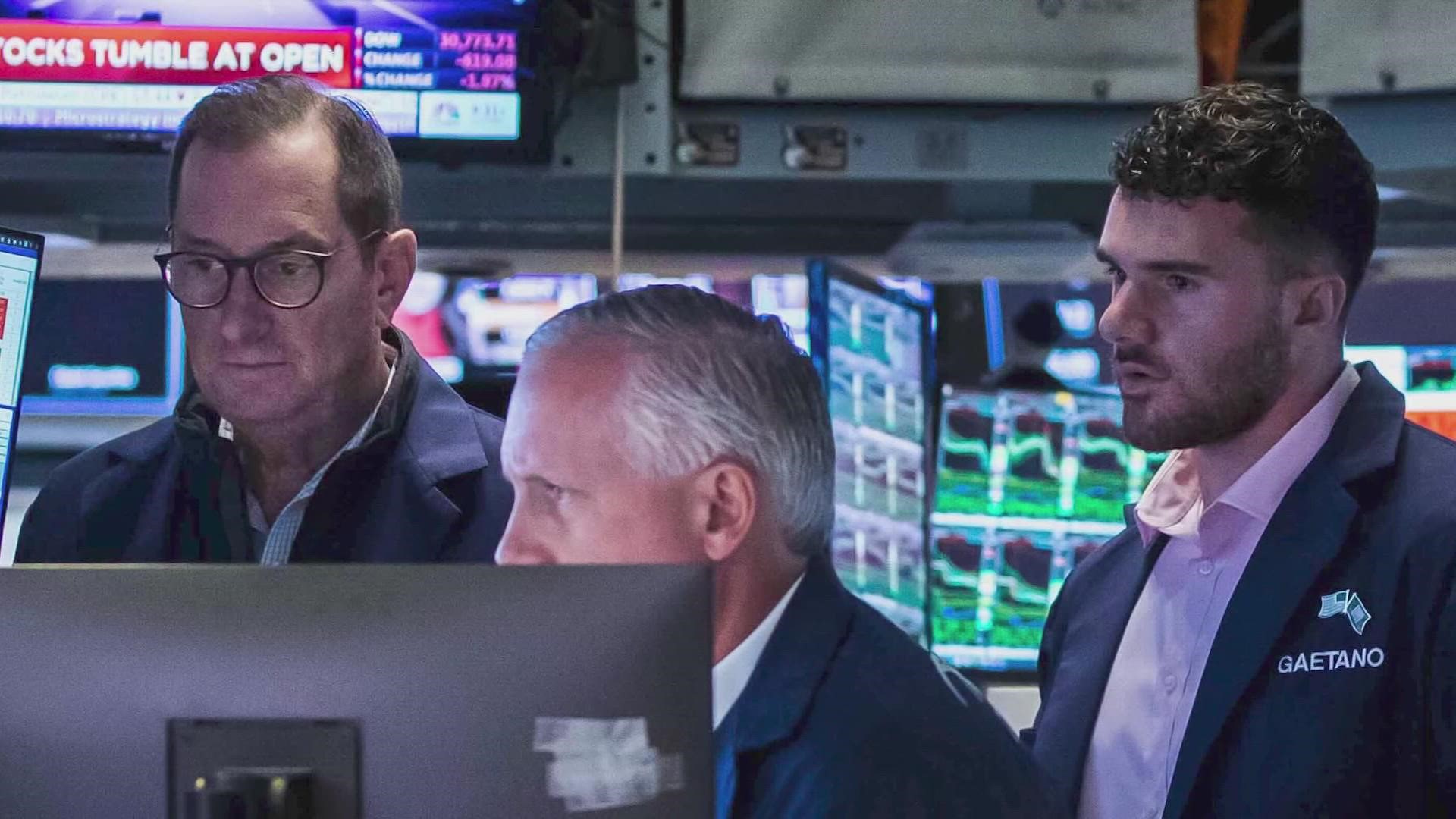DALLAS — Professors like SMU's Michael Davis liken being an economist right now to being a TV weatherman in the middle of a hurricane. And, much like a meteorologist who is warning people about the misery yet to come, the audience might not like much of what he has to say either right now.
"We're seeing these massive dark clouds on the horizon," Michael Davis, PhD. said of the current economic climate in the United States. "And we're seeing the barometric pressure drop by a lot. So, it sure looks like there's a hurricane coming."
On Monday the Dow Jones Industrials dropped more than 874 points or 2.79%. According to AAA, gasoline is averaging $4.66 for a gallon of regular in Texas, $5.01 nationwide and $6.43 in California. Inflation, as measured by the U.S. Bureau of Labor and Statistics reached a 40-year high of 8.6% in May.
"I think you've got to be very modest about what we know about this inflation process," said Mohamed El -Erian, chief economic advisor at Allianz. "And I fear that it's still going to get worse. We may well get to 9% at this rate."
Amid this financial hurricane the Fed meets this Wednesday, deciding whether to raise a key interest rate a half percent or a more urgent three-quarter percent and flirt with fueling a full blown recession.
"We're kind of in uncertain territory," said SMU's Mike Davis. "But historically, when the economy gets to a point like where it is now, recessions follow."
As for looking for any silver linings in this financial storm, economists point to the unemployment rate: according to the U.S. Bureau of Labor Statistics extremely low at 3.6%, not what Davis says you would normally see in a recession.
"We have to be very clear here. This inflation is having a huge impact on a number of households, sadly mostly lower income households, but at least they're mostly keeping their jobs," added Davis. "If the lower income households were experiencing inflation, and all of a sudden a bunch of people start losing their jobs, that's when it becomes a real crisis."
A crisis and a hurricane not yet showing signs of fading away.

